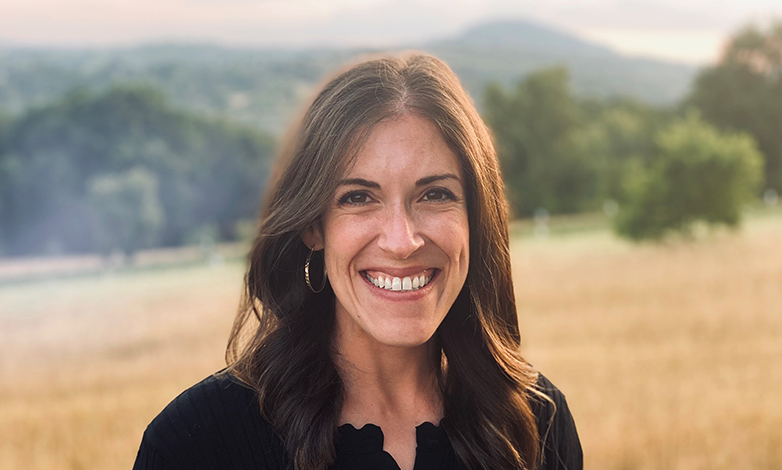Ilana Seff, a research assistant professor with the Brown School, recently appeared on the podcast “Global Health Pursuit,” with Hetal Baman, discussing how schools and communities can better support refugee and migrant youth.
Seff emphasized the need for support systems that go beyond traditional classroom instruction and incorporate true cultural responsiveness. For example, peer mentoring and the integration of cultural liaisons are both essential for bridging the gap between students’ home cultures and their new educational environments. Seff also noted that promoting English language acquisition while also offering opportunities for students to continue engaging in their home language is critical for newcomers’ identity formation and well-being.
Through her work on the Study of Adolescent Lives after Migration to America (SALaMA), which she co-leads with Professor Lindsay Stark, Seff explores the mental health and psychosocial challenges faced by refugee youth. Many of these students have endured conflict, protracted displacement, and the challenges of adapting to a new school system, social norms, and way of life. Her research underscores the critical role schools can play in fostering a sense of belonging, which, according to Seff, is highly protective against mental health risks like suicide ideation.
Drawing heavily from SALaMA findings, Seff also co-authored a recent op-ed for Think Global Health titled “Supporting Mental Health for Arab, Jewish, and Muslim Youth During War: How the war in the Middle East is harming U.S. adolescents and what civil society can do about it.” The piece offers insights for supporting Arab, Jewish, and Muslim adolescents in the U.S. as they struggle to cope with the wars in the Middle East and the resulting surge in discrimination over the past year.
